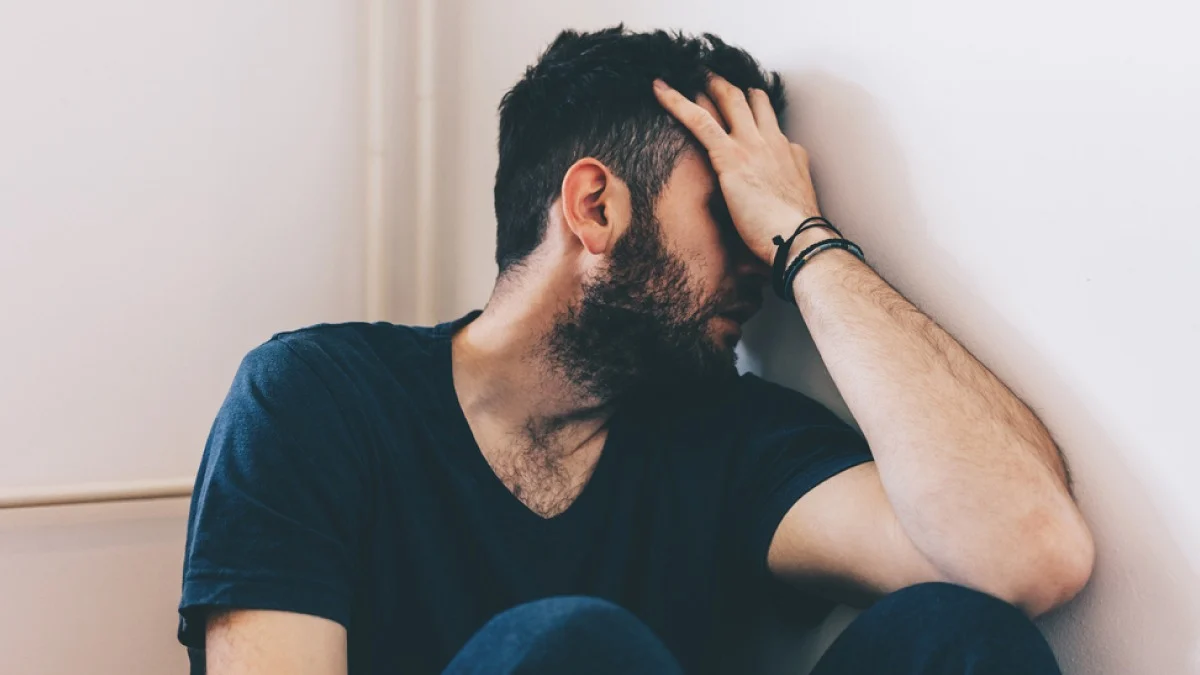Depression is a mood disorder that causes a constant feeling of sadness and losing interest in things you would normally enjoy or even in day-to-day activities. It can also cause problems with eating, sleeping, thinking and memory issues.
Clinical Depression, or Major Depressive Disorder, is commonly referred to as “Depression.” Which is the most common and discussed type of depression.
Today there is a rising number of cases of people who experience depression and it’s becoming more common in teenagers and young adults, in Pakistan and around the world.
TYPES OF DEPRESSIVE DISORDERS
According to the American Psychiatric Association’s Diagnostic Statistical Manual of Mental Disorders, Fifth Edition (DSM-5) categorizes some common types of depressive disorders as below:
Clinical Depression (Major Depressive Disorder)
This disorder involves a major depressive episode where a person goes through feelings of sadness and being low for weeks. This type of disorder includes other symptoms such as a lack of interest in daily activities or activities that an individual usually finds pleasure in, poor sleep or having difficulty falling asleep, little or no appetite, feelings of isolation etc. This is the most acute form of depression which has become common in today’s world, especially found in teenagers and young adults.
Persistent Depressive Disorder (PDD)
This type of depression is usually mild to moderate and may last up to a few years – at least 2 years. The symptoms recorded for this type of depression are less frequent than clinical depression.
Disruptive Mood Dysregulation Disorder (DMDD)
This mood disorder causes extreme irritability and recurrent anger outbursts in children. The symptoms for these usually can begin by the age of 10.
Premenstrual Dysphoric Disorder (PMDD)
This disorder is found in women who experience premenstrual syndrome (PMS) symptoms that account for extreme mood swings, irritability, anxiety or depression. These changes begin a few days before the start of the period and may get better within a few days.
Depressive Disorder Associated with A Medical Condition
Some physical conditions can cause depression, especially in adults. These may include kidney issues, hypothyroidism, heart disease, Parkinson’s disease and cancer. The good news is that as you get treatment for your condition, the depression associated with it also gets better with time.
Seasonal Affective Disorder (Seasonal Depression):
This seasonal disorder is usually experienced by individuals during the winter or fall. Symptoms are similar to major depressive disorder.
Prenatal Depression and Postpartum Depression
Prenatal depression is when a woman experiences symptoms of depression during pregnancy. Postpartum depression is depression that follows within four weeks of delivering a baby. The DSM states these as “major depressive disorder (MDD) with peripartum onset.”
CAUSES OF DEPRESSION
While there is no single cause of depression, research suggests that there are certain factors that lead to depression, such as:
Genes/Family history:
If you have a close relationship, such as a parent or sibling who is diagnosed with depression, chances are that you can get it too.
Brain Chemistry:
An irregular balance of neurotransmitters, such as serotonin and dopamine, can lead to the development of depression.
Experiencing A Traumatic or Stressful Event:
If a person goes through a life-changing event, such as a close one’s death, traumatic event, divorce, or even childhood issues, this can lead to depression.
Other Medical Conditions:
Chronic pain and physical conditions can cause symptoms of depression.
Use of Substances:
Some medicines, especially taken in large amounts have side effects such as depression. Similarly, drug abuse or alcohol – a depressant can trigger depression or make it worse.
SYMPTOMS OF DEPRESSION
- Feelings of sadness, worry and worthlessness.
- Finding no pleasure in activities.
- Feeling irritated or frustrated.
- Having little appetite or eating too much.
- Experiencing physical issues like headaches, stomach problems etc.
- Having trouble sleeping or sleeping too much and poor sleep quality.
- Feeling low on energy or experiencing fatigue most of the time.
- Finding it difficult to concentrate on tasks, memory issues and indecisiveness.
- Experiencing thoughts of self-harm or suicide.
HOW TO DEAL WITH DEPRESSION AT HOME
- Exercise regularly.
- Sleeping on and waking up at the same time every day.
- Having a healthy and balanced diet.
- Avoid drugs and alcohol.
- Spending quality time with people close to you.
- Maintaining a healthy sleep routine.
- Adopting healthy coping mechanisms and managing stress.
- Practicing self-care techniques such as meditation and yoga.
However, if you are experiencing such symptoms and it is affecting your daily life, then it is best to seek professional help.
GET THE BEST HELP FROM THE TOP PSYCHOLOGISTS AND PSYCHIATRISTS IN LAHORE
While mild symptoms of depression may be manageable without proper treatment, some cases of depression can get worse. There are a variety of treatments available that can significantly improve the symptoms of this disorder. These include talk therapies, behavioral techniques and medications.
Depression is different for everyone. Children and adolescents may experience irritable moods with depression and adults may experience prolonged sadness and slower activity. At Psych Consultants, our team of clinical psychologists and the psychiatrists have experience dealing with wide cases of depressive disorders found in both adults and children. They specialize in child therapy and young adult issues in diverse domains. Book an appointment with us today if you or someone you know is experiencing symptoms of depression.


